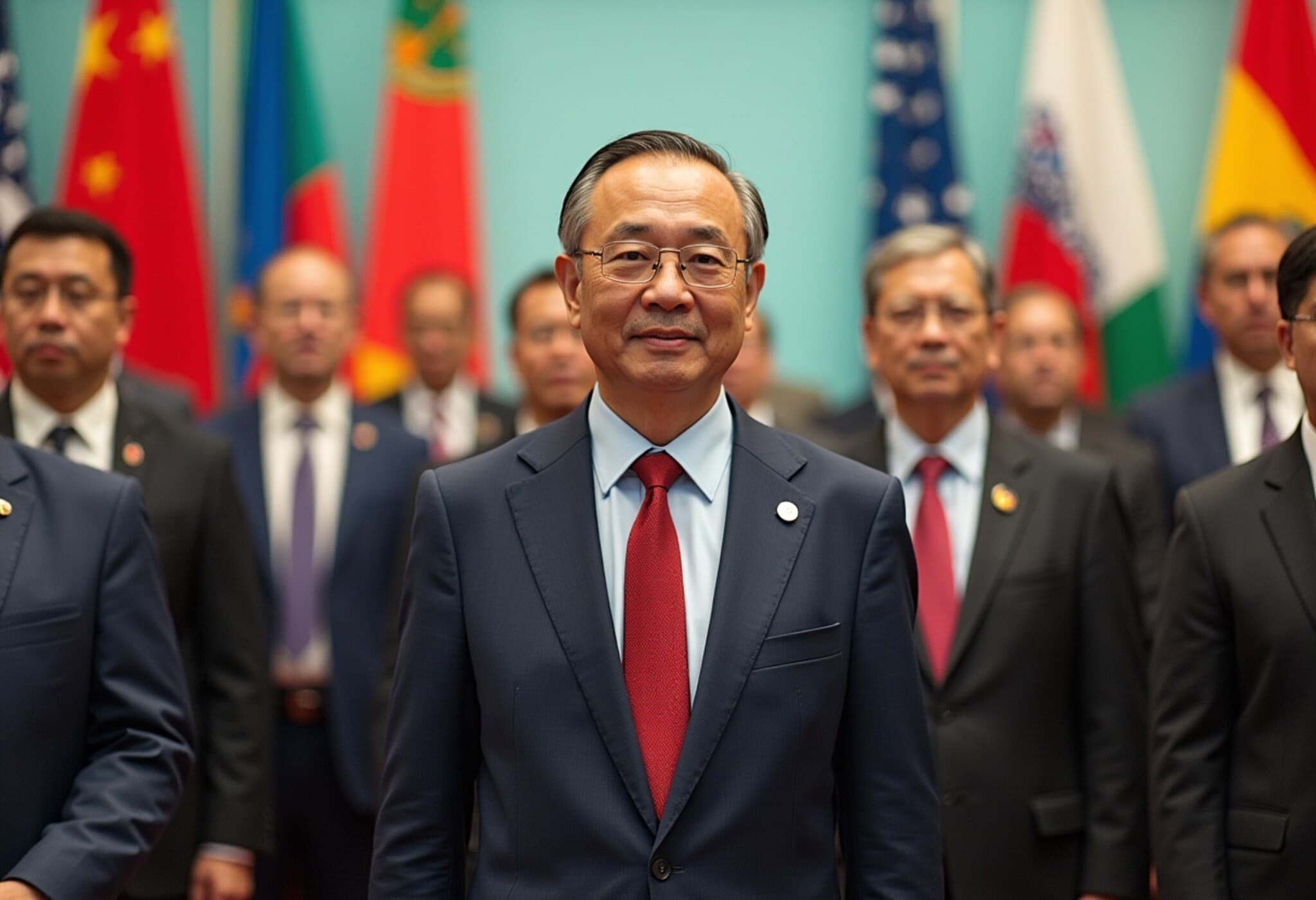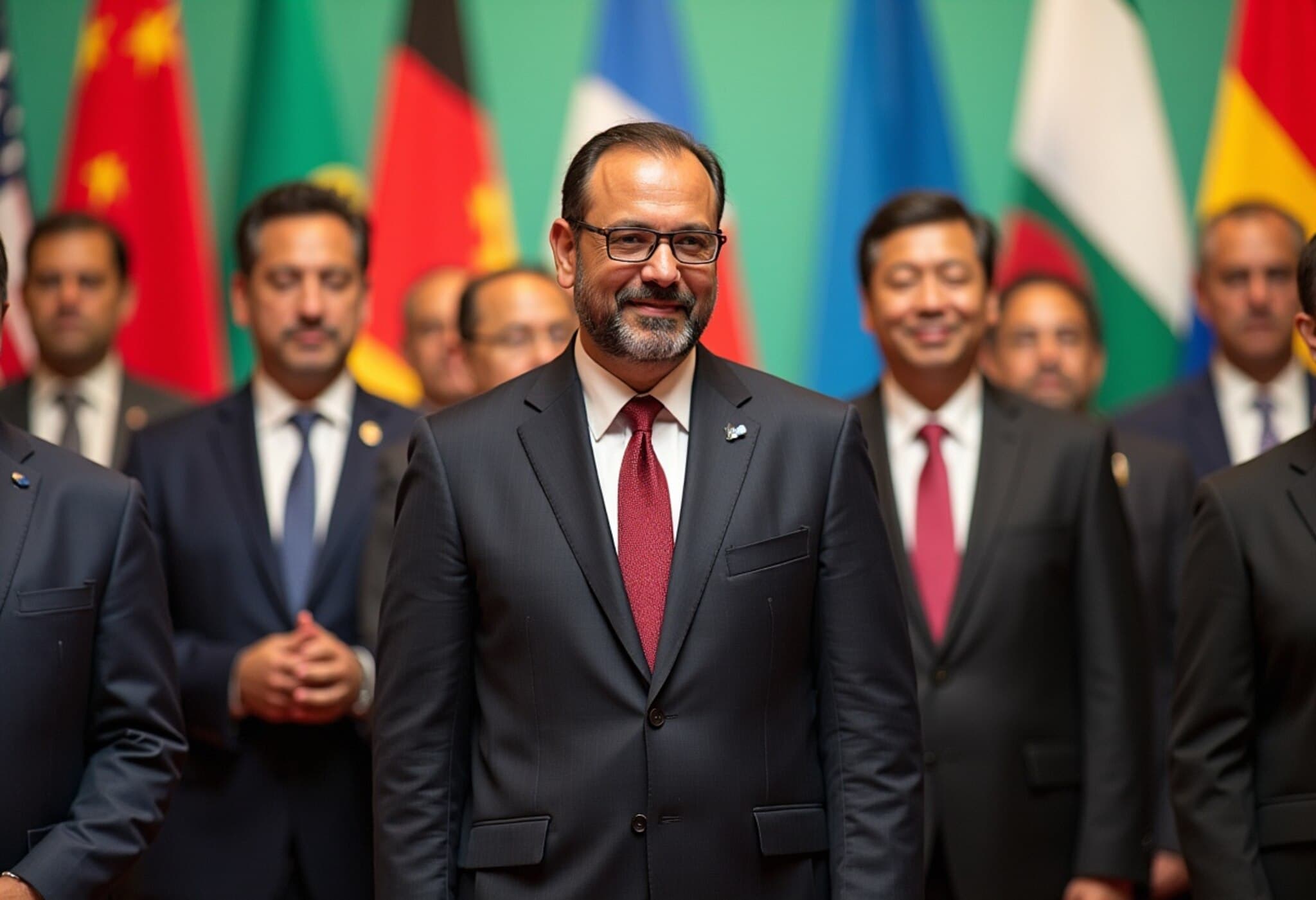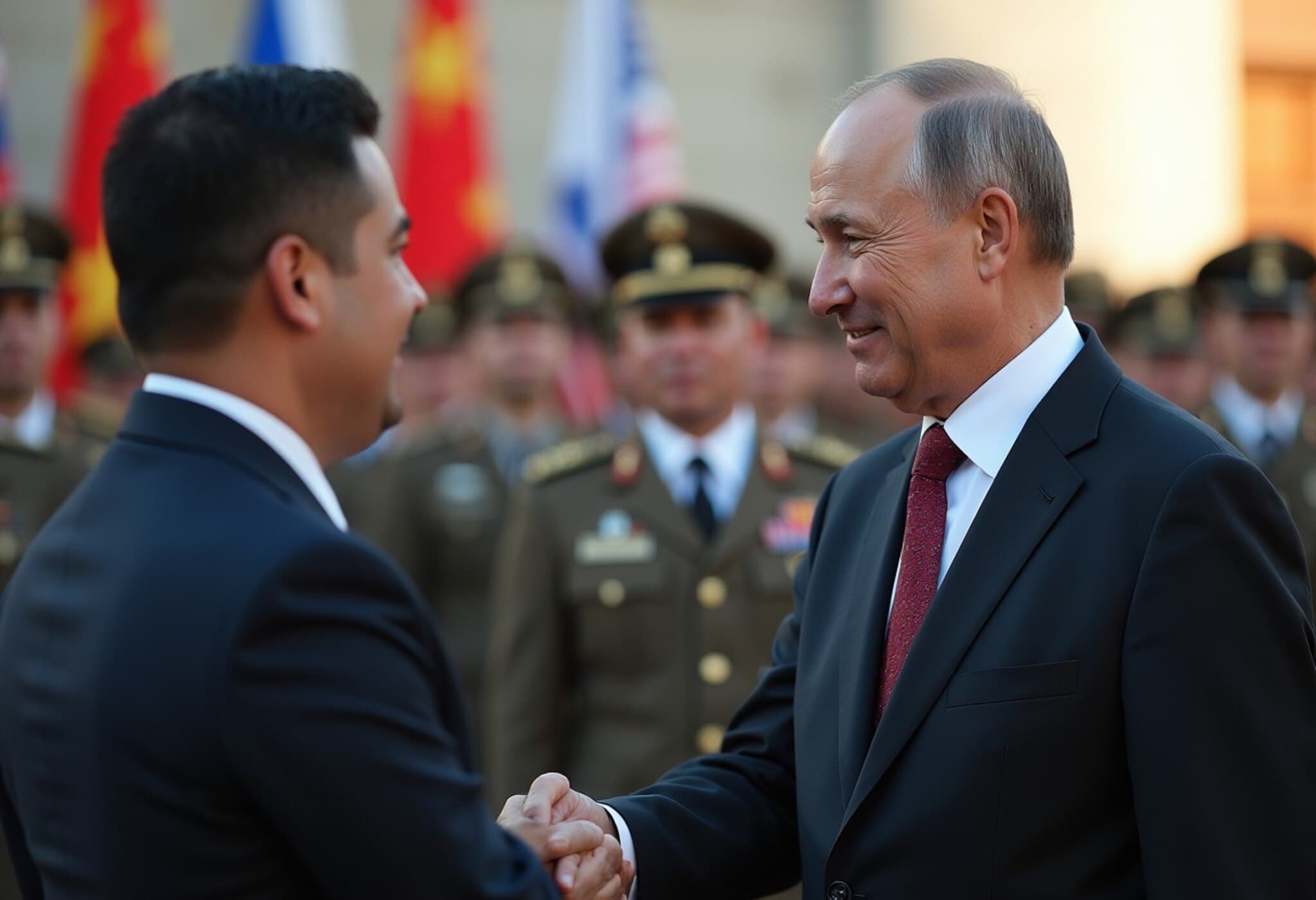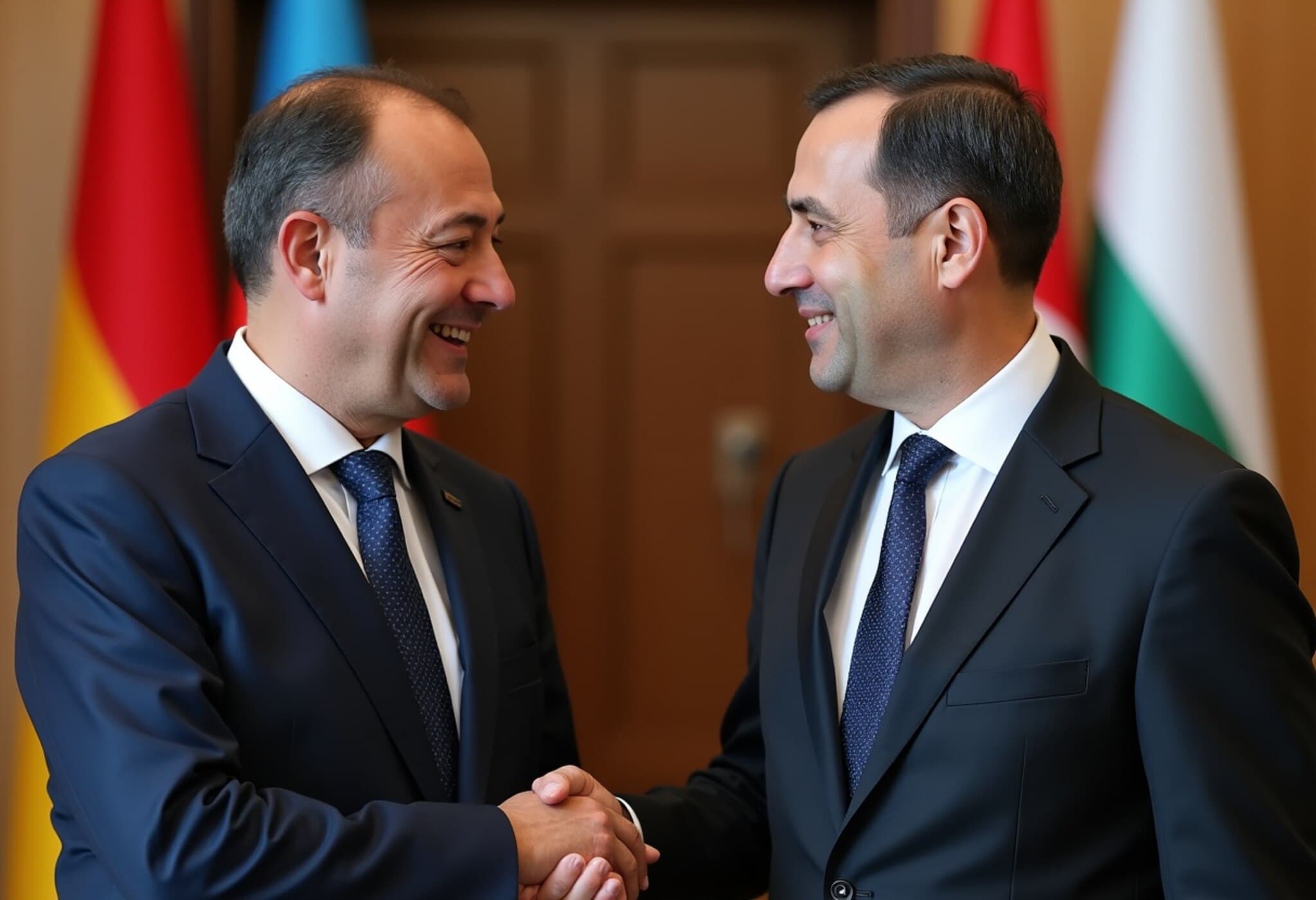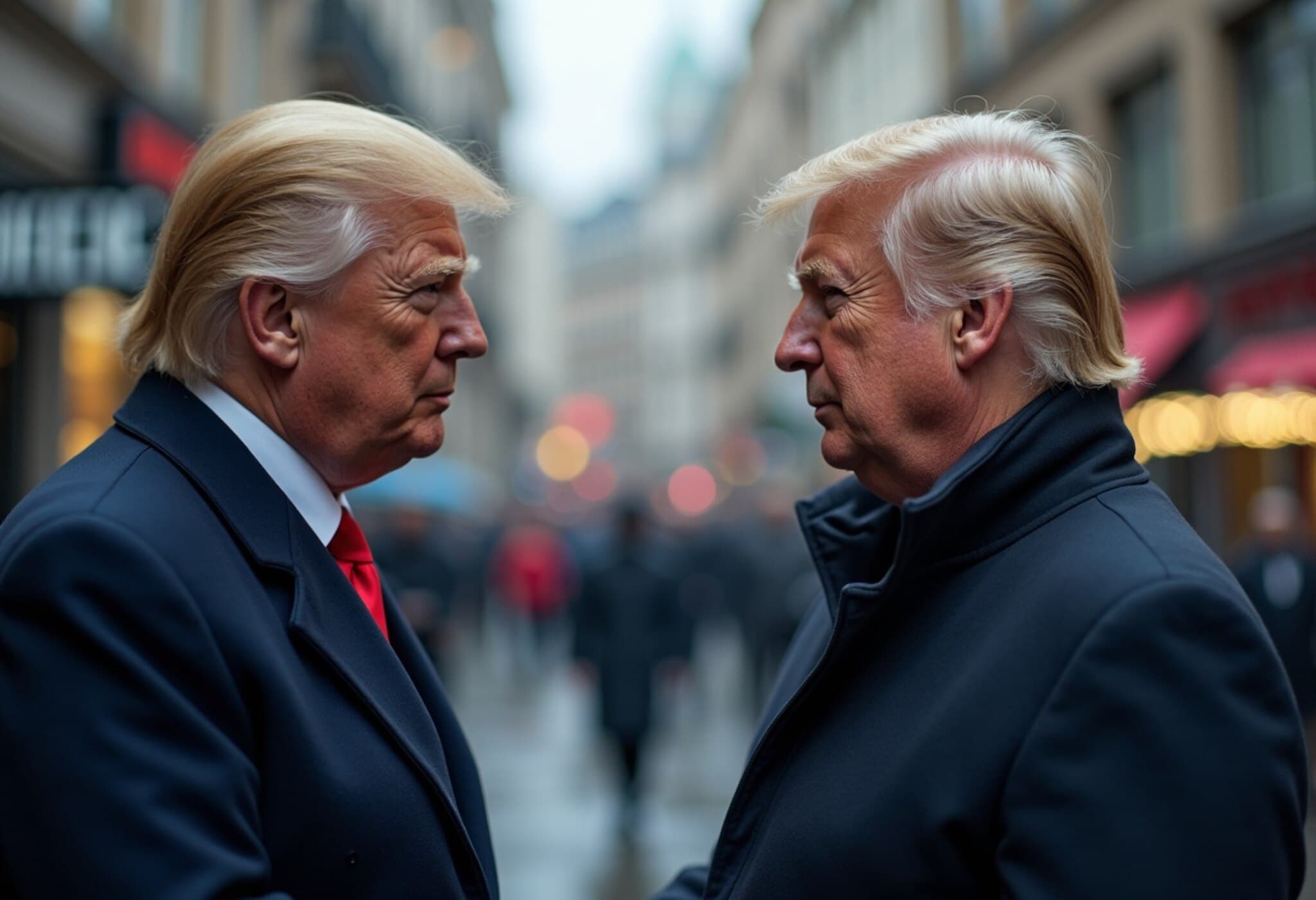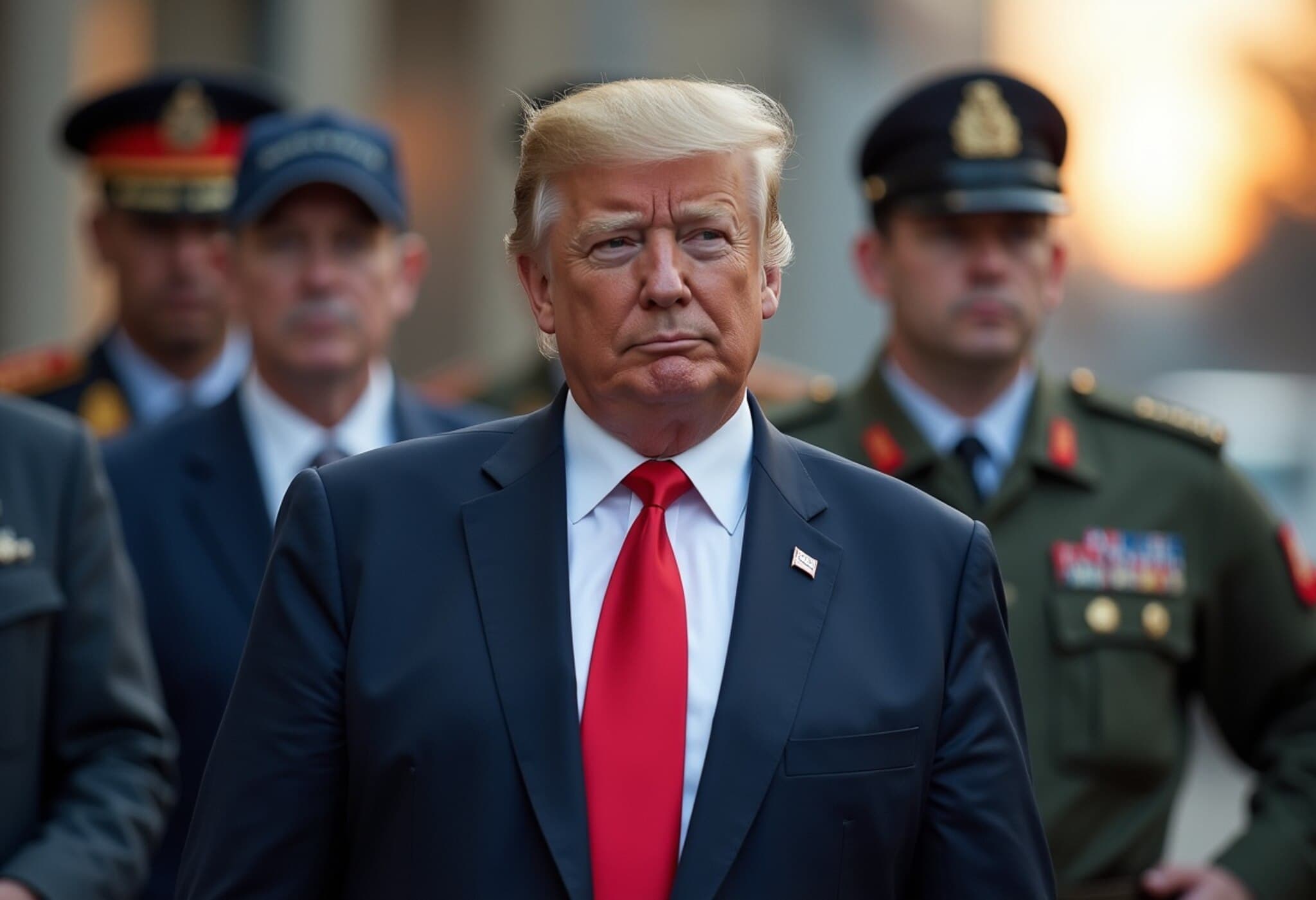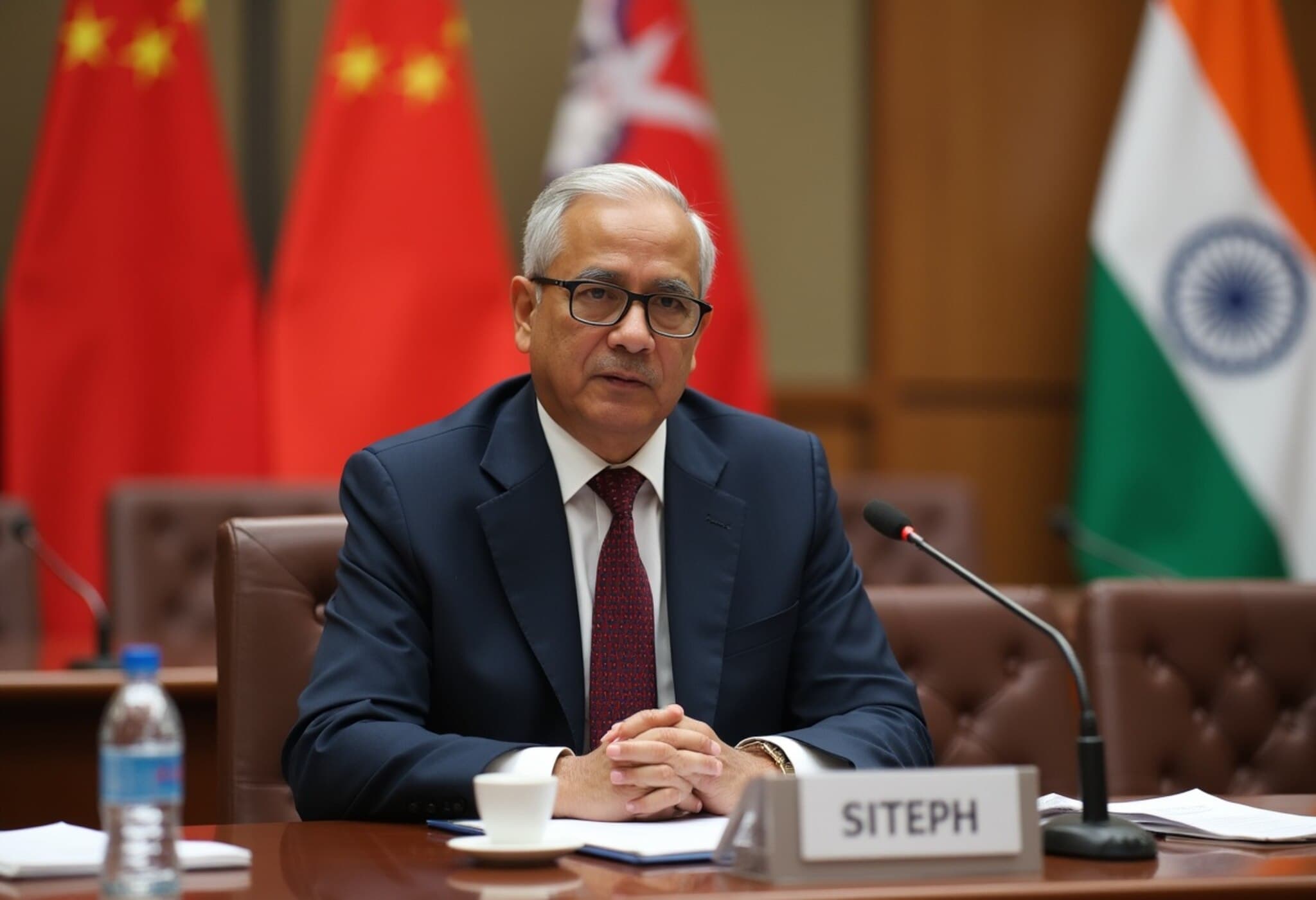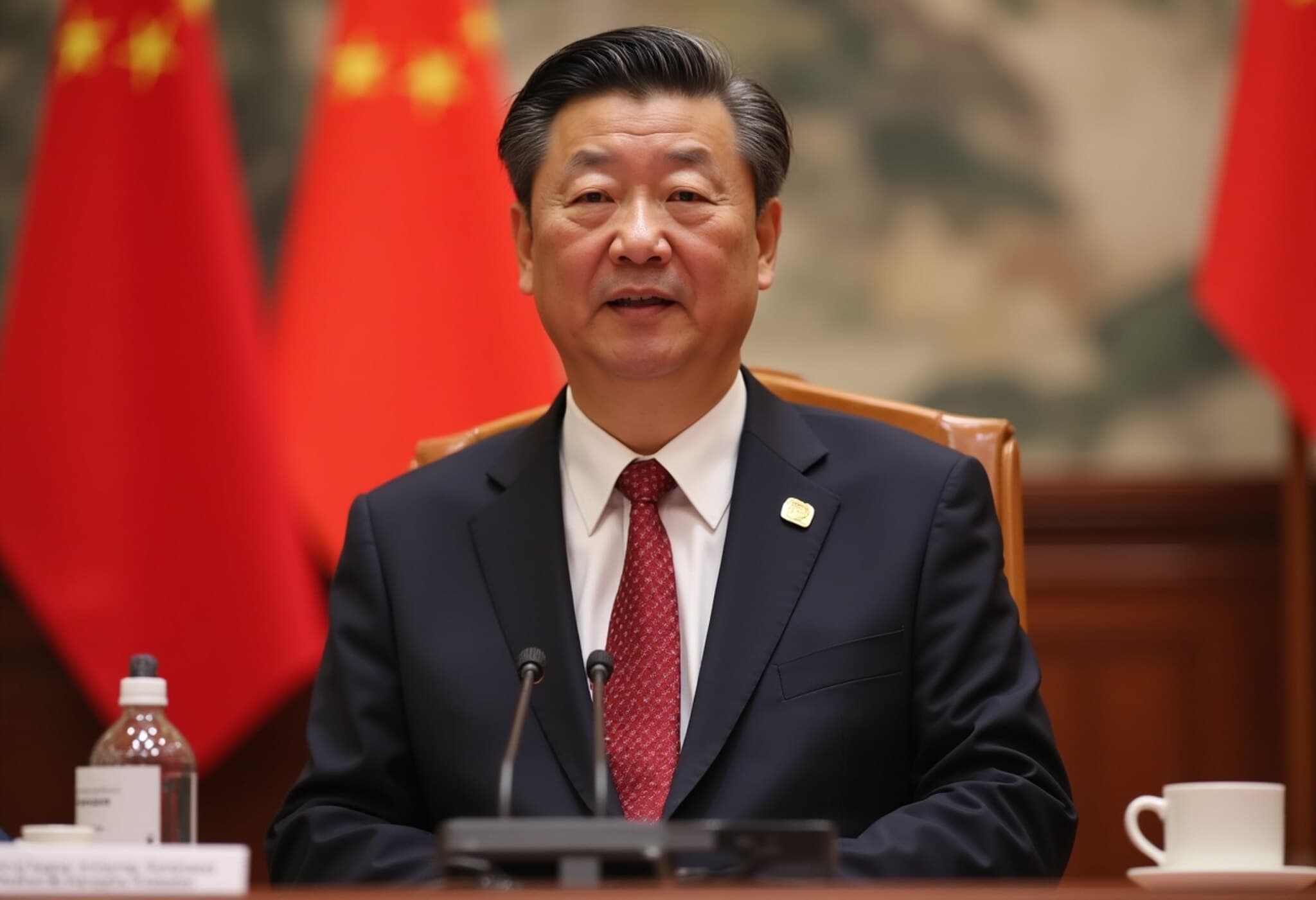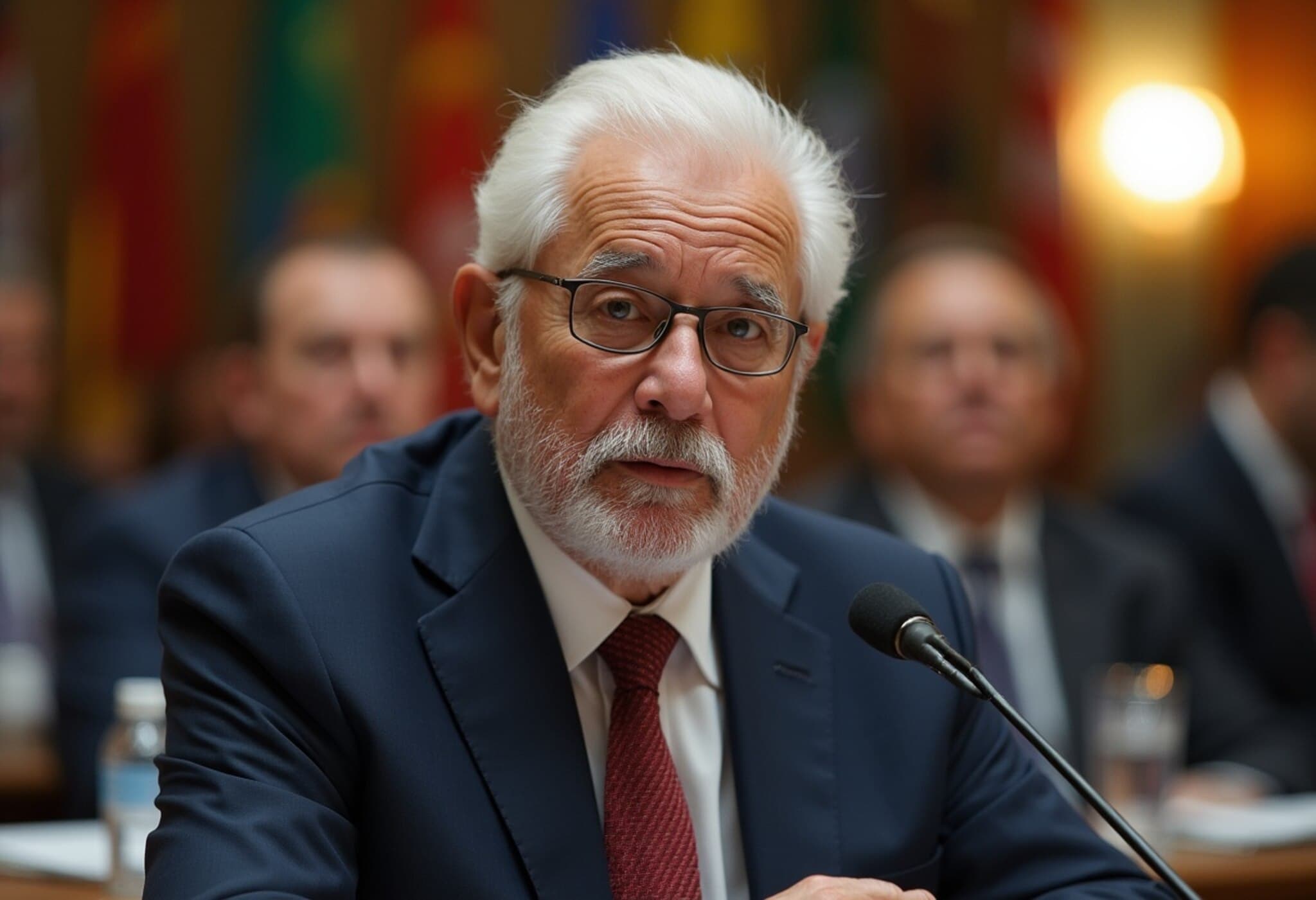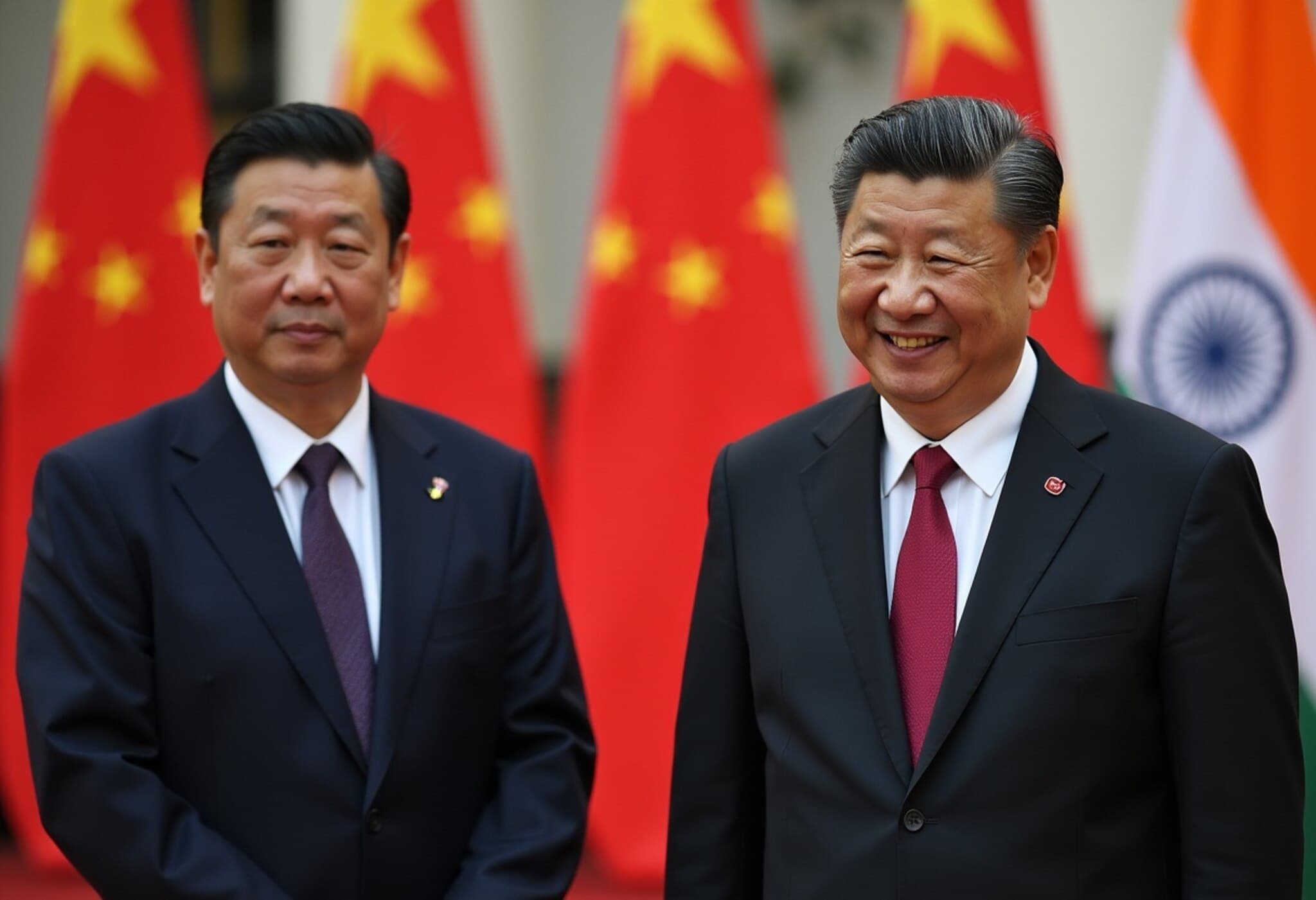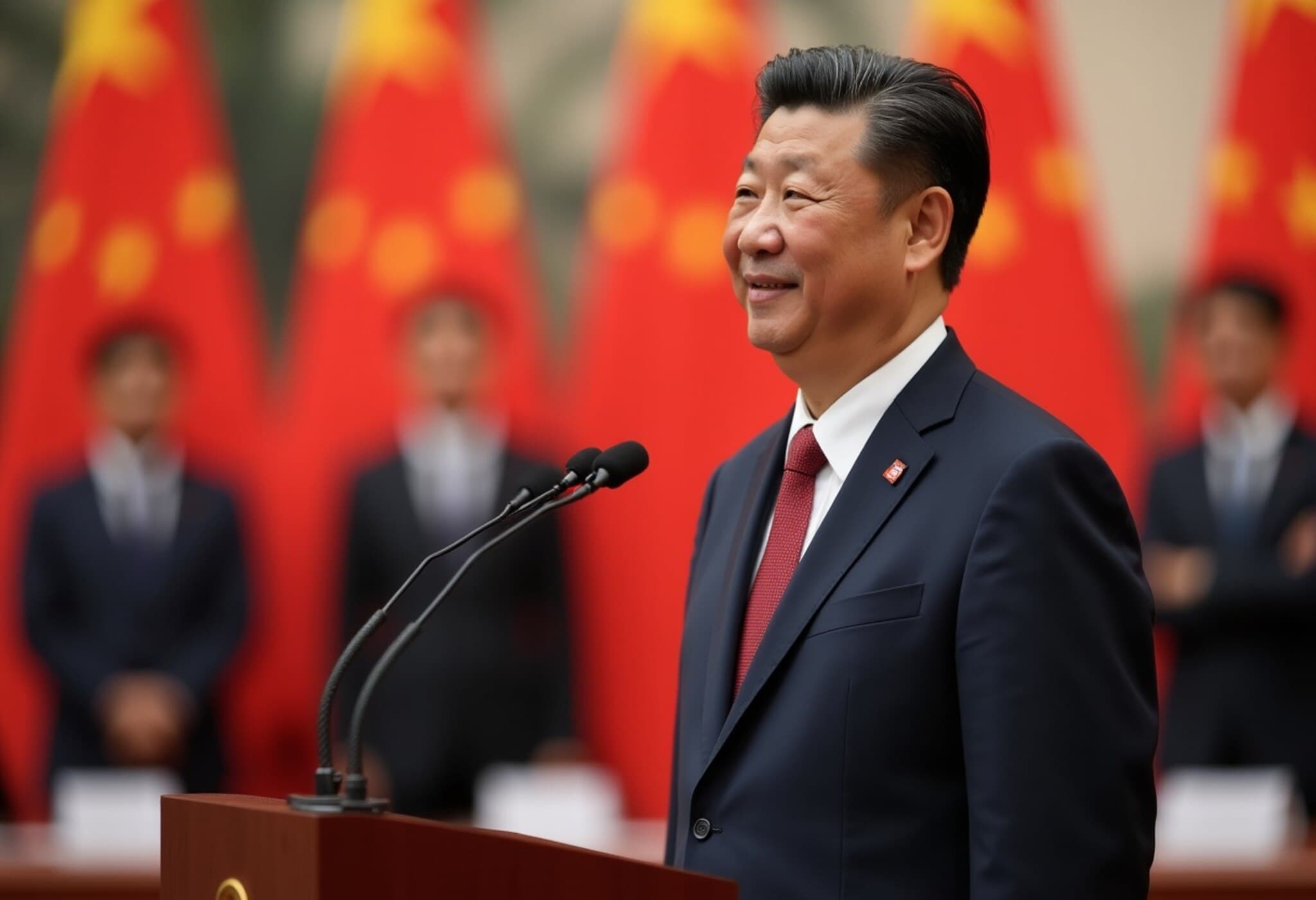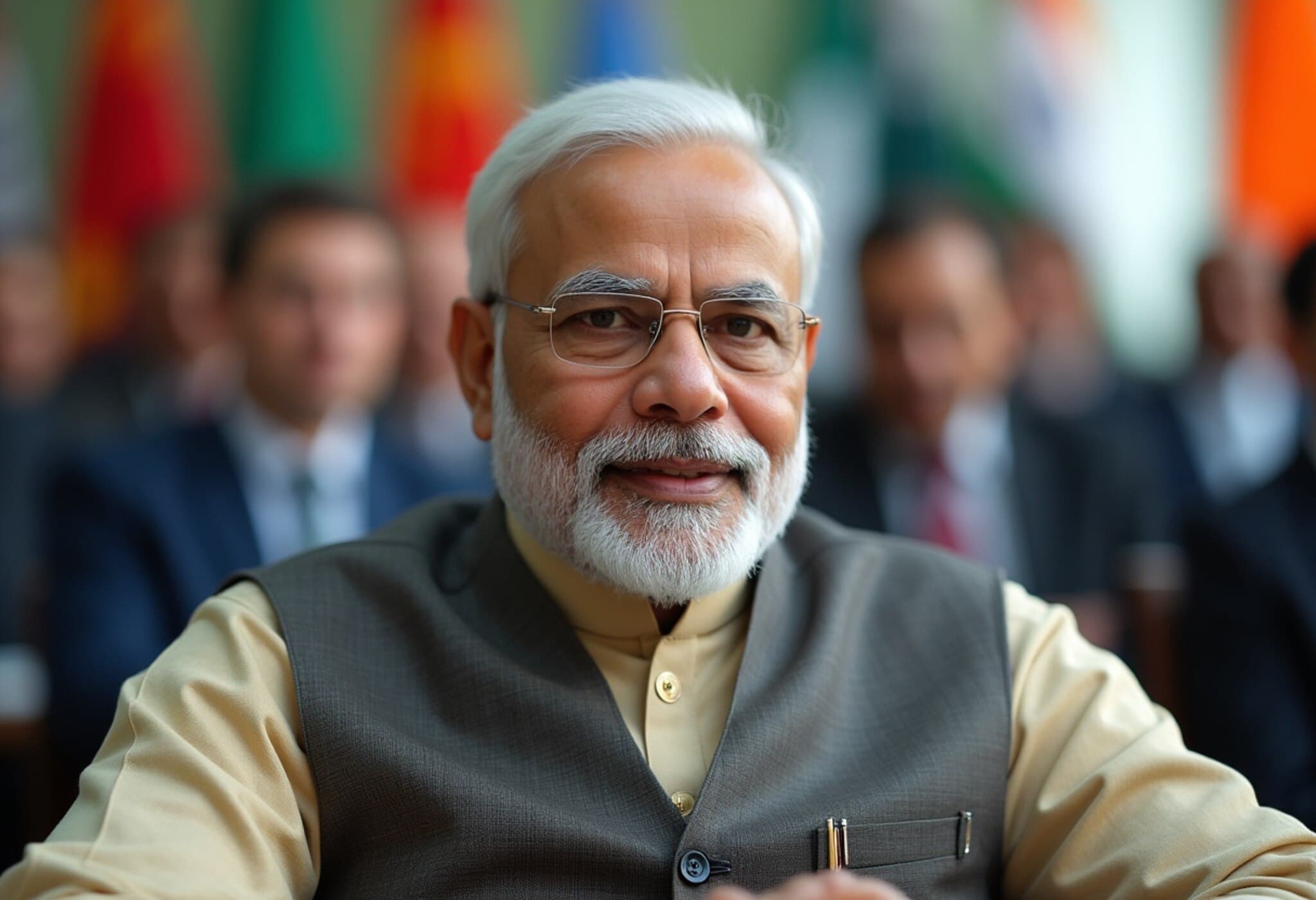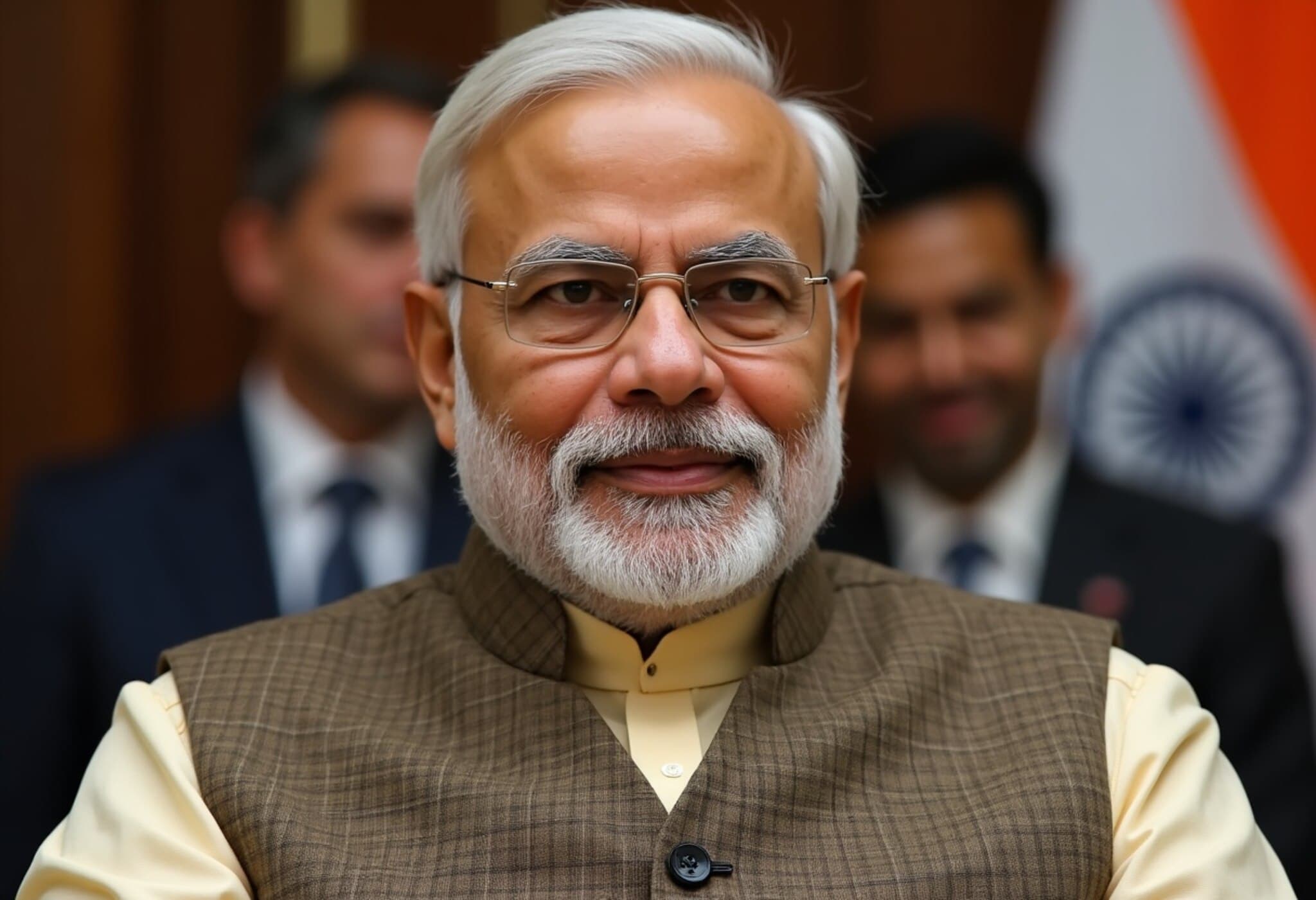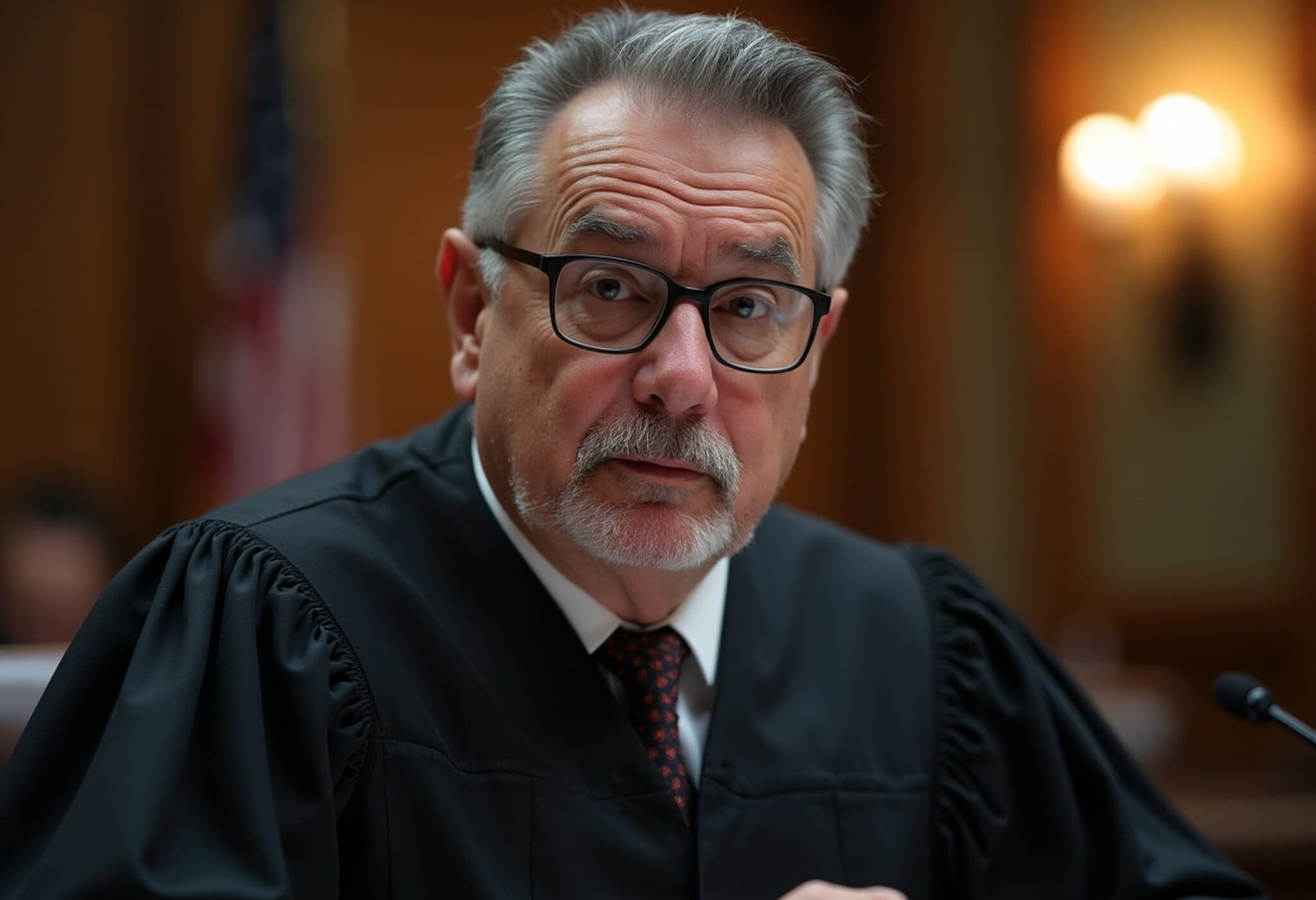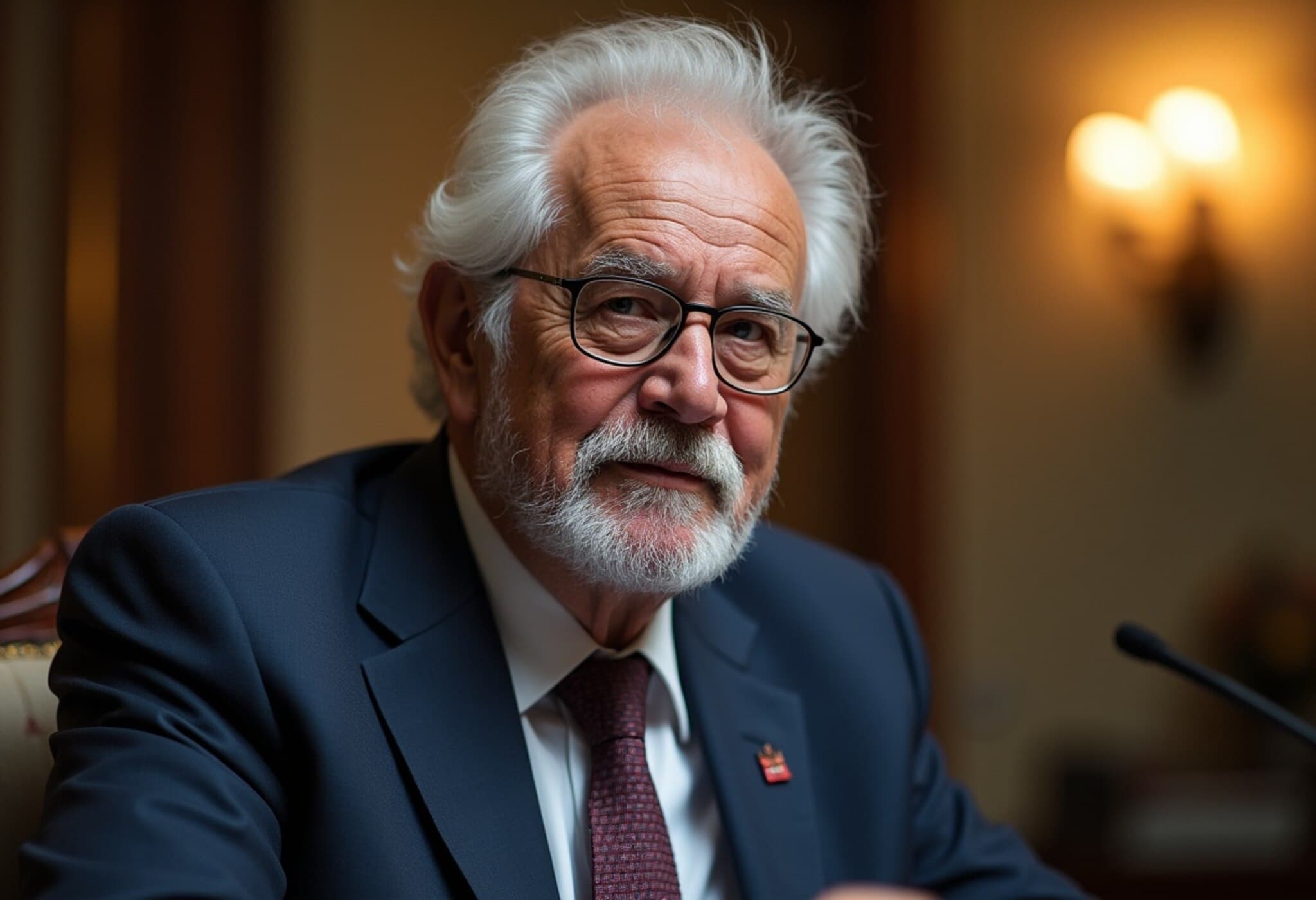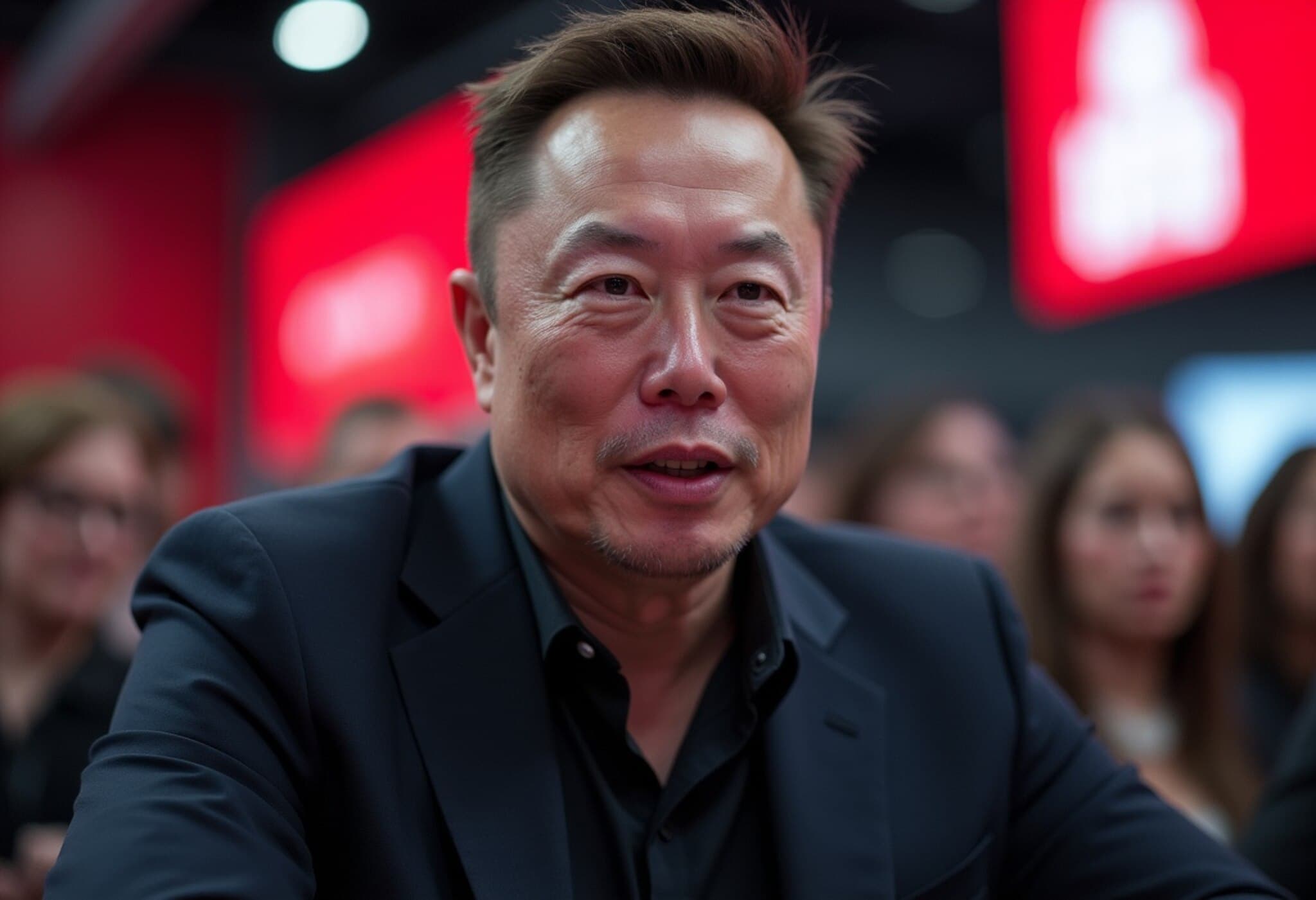BRICS Summit 2025: Navigating Between Global Turmoil and Economic Survival
As the world grapples with escalating conflicts—from the intensifying Israel-Iran tensions to the humanitarian crisis unfolding in Gaza—the leaders of BRICS convened in Rio de Janeiro, Brazil, this July 6-7, 2025, against a backdrop of deep uncertainty. Yet, rather than seizing the moment for bold multilateral leadership, the summit unfolded with a cautiousness that reveals a more nuanced, pragmatic calculus: safeguarding economic interests and avoiding confrontation with U.S. President Donald Trump’s aggressive trade policies.
A Summit Marked More by Strategic Preservation Than Principle
The BRICS bloc, expanded now to 11 nations encompassing nearly half of the global population and close to 40% of world GDP, faces a paradox. Although it aspires to wield greater influence in reshaping international governance, the current summit’s subdued agenda — conspicuously sidestepping contentious geopolitical flashpoints — underscores a reluctance to challenge the dominant Western order openly.
Brazil’s President Luiz Inácio Lula da Silva, playing host, emphasized themes like artificial intelligence, climate change, and healthcare cooperation—areas unlikely to trigger direct backlash from Washington. Meanwhile, sensitive issues such as the Ukraine conflict, Middle East turmoil, and mounting trade tensions were relegated to vague statements with little substantive resolution.
Absent Heavyweights Signal a Shift Toward Pragmatism
Notably missing from the summit floor were two pivotal figures: China’s Xi Jinping, attending a BRICS summit for the first time since 2012, and Russian President Vladimir Putin, who joined only via videoconference amid geopolitical constraints stemming from the Ukraine war and ongoing international arrest warrants.
This absence is telling. China and Russia have traditionally pushed for a more assertive, anti-Western rhetoric, whereas host Brazil and India favored a softer, non-aligned stance—reflecting internal schisms that temper the bloc's ability to adopt a unified, robust voice on global crises.
Economic Realities and U.S. Tariff Threats Shape Cautious Messaging
Underlying this diplomatic tightrope is the looming threat from the U.S. administration. President Trump has openly threatened 100% tariffs on BRICS members who challenge the U.S. dollar’s financial hegemony or enact policies perceived as undermining American economic dominance.
Such threats incentivize BRICS nations, especially Brazil, to adopt a low-profile, risk-averse approach to summit discussions to avoid economic retaliation. As Ana Garcia, a professor at Rio de Janeiro Federal Rural University, explains, this summit was deliberately framed to protect Brazil’s economy from collateral damage amid aggressive tariff policies.
The Challenge of Cohesion Among a Booming Bloc
Originally five members—Brazil, Russia, India, China, and South Africa—BRICS now includes new entrants such as Indonesia, Iran, Egypt, Ethiopia, and the United Arab Emirates. While expansion broadens the group’s global footprint, it simultaneously complicates cohesion and agenda-setting.
This growth has led to an institutional development focus, aiming to integrate diverse economies and political interests. However, geopolitical unpredictability remains, as seen with the withdrawal of Egypt’s President Abdel Fattah al-Sisi and uncertain engagement from Iran, Saudi Arabia, and the UAE.
Experts Weigh In: Dispersion Over Unity?
Joao Alfredo Nyegray, a geopolitics professor at Pontifical Catholic University in Paraná, sees the summit as a missed opportunity for global leadership. “The current moment demands high-level articulation, yet what we observe is fragmentation,” he notes. The reluctance to address pressing conflicts head-on diminishes BRICS’s capacity to emerge as a true alternative pole in the international system.
Meanwhile, Bruce Scheidl of the University of São Paulo’s BRICS study group highlights the summit's strategic value amid instability: “For emerging countries, this is the best chance to explore economic diversification and alternative partnerships.”
Looking Ahead: A Quiet Platform for Dialogue or a Lost Moment?
While the Rio summit’s final communiqué is expected to reflect a deliberately watered-down consensus, it nonetheless serves as an important platform for emerging economies to discuss cooperation in trade, finance, climate, and technology governance.
President Lula’s framing of the summit underscores a critical tension: pushing for reform of Western-led global governance structures while trying not to provoke economic sanctions. His plea for peace and multipolar engagement resonates, but the tangible outcomes remain modest amidst geopolitical tightropes.
Editor’s Note
BRICS's 2025 summit reveals the difficult balance emerging economies face between asserting global leadership and navigating the pressures of existing power dynamics—especially under a U.S. administration that wields trade threats as leverage. The absence of decisive action on urgent conflicts raises critical questions about the future role of BRICS as a transformative force. Will it evolve beyond cautious economic cooperation to truly challenge the global status quo, or will internal divisions and external pressures keep it confined to the sidelines? This evolving story warrants close observation as global power structures continue shifting in a multipolar world.

